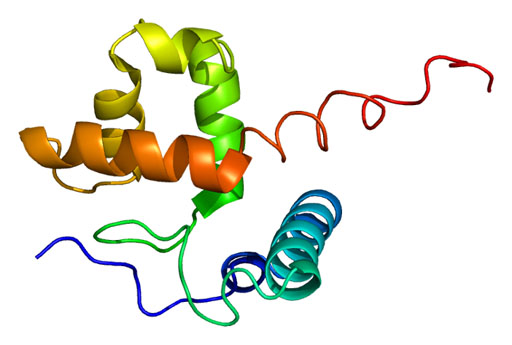ARID1A Mutations Linked to ATR Anti-Cancer Drug Sensitivity
By LabMedica International staff writers
Posted on 03 Jan 2017
A team of British cancer researchers suggested in a recent paper that screening for mutations in the ARID1A (AT-rich interactive domain-containing protein 1A) gene could aid in identifying patients with tumors sensitive to the ATR inhibitor class of anti-cancer drugs.Posted on 03 Jan 2017
Mutations in ARID1A represent one of the most common molecular alterations in human cancer especially in hard-to-treat tumor types, such as ovarian cancer and stomach cancer, but therapeutic approaches that target these defects are not yet clinically available. Investigators at the Institute of Cancer Research (London, United Kingdom) established a link between mutations in the ARID1A gene and the sensitivity of cancer cells to ATR inhibitor drugs. ATR is a serine/threonine-specific protein kinase that is involved in sensing DNA damage and activating the DNA damage checkpoint, leading to cell cycle arrest. ATR is activated in response to persistent single-stranded DNA, which is a common intermediate formed during DNA damage detection and repair.

Image: The molecular model of the ARID1A protein (Photo courtesy of Wikimedia Commons).
The investigators used large-scale genetic screens to identify cancers with mutations in ARID1A that were particularly sensitive to ATR inhibitors. They reported in the December 13, 2016, online edition of the journal Nature Communications that defects in ARID1A sensitized tumor cells to clinical inhibitors of the DNA damage checkpoint kinase, ATR, in cancer cells growing in culture and in mice.
Mechanistically, ARID1A deficiency resulted in topoisomerase 2A and cell cycle defects, which caused an increased reliance on ATR checkpoint activity. In ARID1A mutant tumor cells, inhibition of ATR triggered premature mitotic entry, genomic instability, and apoptosis.
Senior author Dr. Chris Lord, leader of the gene function team at The Institute of Cancer Research, said, "Our research has opened up a potential way of personalizing treatment for cancer by targeting drugs to those patients who will benefit most. We found in cell cultures and in mice that cancers with defective versions of the ARID1A gene are particularly sensitive to a new class of drug called ATR inhibitors. Our research could lead to patients with ARID1A mutant tumors being assessed for whether they respond particularly well to this new class of cancer treatment."
Related Links:
Institute of Cancer Research













